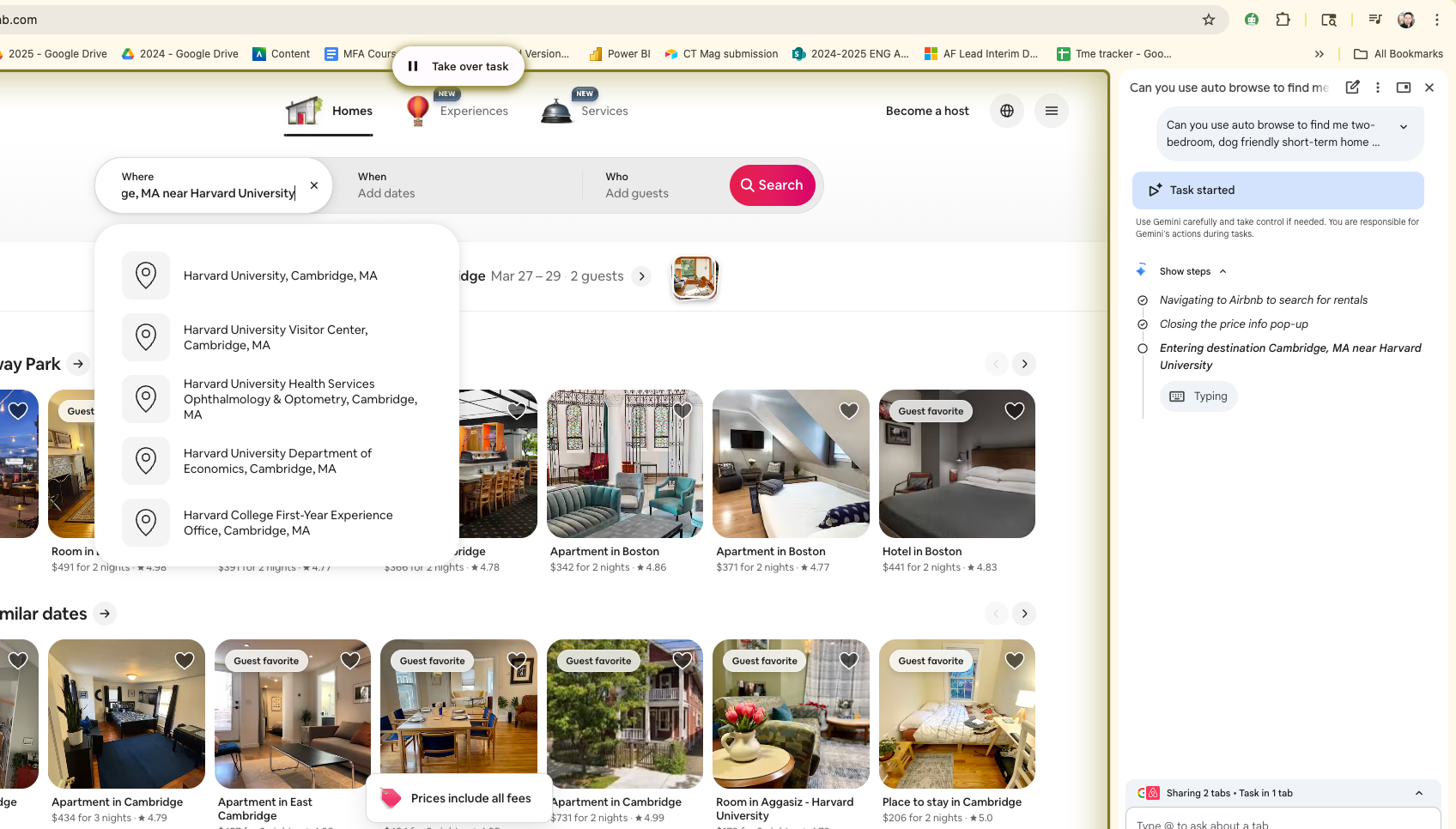5 Questions to Ask When Evaluating an Online Learning Provider
What to consider when looking for an online learning provider

Tools and ideas to transform education. Sign up below.
You are now subscribed
Your newsletter sign-up was successful
When done well, K-12 online learning can be quite effective, opening doors to numerous learning opportunities that students wouldn’t receive otherwise—while also providing rich and rigorous instruction.
But the key phrase here is: “when done well.” Unfortunately, not all online courses delivered by third-party service providers are of high quality.
Engaging students in their education, giving them timely and appropriate feedback on their work, and making them feel like valued members of a learning community is hard enough to pull off in a regular classroom environment, where there is daily face-to-face interaction between teachers and students. When you toss in the challenge of learning from a remote location, things become even trickier.
The good news is that there are high-quality solutions that K-12 leaders can count on to deliver successful online learning experiences to students. To make sure the solution you choose will be effective, here are five questions to ask when you’re evaluating an online learning provider.
Do the courses balance flexibility with structure?
While the breadth of courses a provider offers is important, just as critical is the manner in which courses are organized.
For instance, how flexible are they—and can they be customized to fit your school or district’s particular circumstances? Suppose you lose a classroom teacher mid-year: Will the provider work with you to adapt their online program on the fly to meet your needs, so your students don’t have to go without a qualified teacher for the remainder of the school year?
A key benefit of learning online is the degree of personalization it enables. Yet, students still need some kind of structure in place to make sure they aren’t falling behind. Do the courses you’re considering contain built-in safeguards to help keep students on track?
Tools and ideas to transform education. Sign up below.
A high-quality online learning experience strikes the right balance between flexibility and structure. Courses should include regular deadlines and milestones that prevent students from getting lost and motivate them to move forward. But courses also should be flexible enough for you to adapt the content or delivery as needed.
How do students learn the content—and will they be engaged?
A successful online learning experience delivers highly engaging instruction in which students interact frequently with each other and with their teacher, not just with a piece of software.
As in a traditional classroom, students should be completing hands-on, authentic tasks and projects and engaging in rich discussions about the material with their peers. Every assignment should have a clearly articulated learning objective, along with rubrics for measuring success. Assessments should include projects, lab reports, and other performance tasks, not just multiple-choice exams—and students should have opportunities to reflect on and revise their work, not simply turn in an assignment and forget about it.
When you’re evaluating an online learning provider, ask how often students interact with each other and their teacher in an online course. Does the curriculum use real-world examples, projects, and materials to make the material relevant to students? Do instructors use active learning techniques to keep students fully engaged and help them achieve deeper learning? Do the courses offer students choices in how they’ll learn?
How does the online learning provider ensure high quality?
What is the average student-to-teacher ratio within the provider’s online courses? Many for-profit providers keep costs low to maximize profits through high student-to-teacher ratios, but students end up paying the price when they don’t have frequent personal interaction with their instructor. As in a traditional classroom, students learn best with smaller class sizes, where a dedicated teacher can give each student personalized feedback about his or her work.
Also, what qualifications do teachers have? What training do they receive, and what experience does the provider require of them? As in a traditional classroom, the teachers in an online program should be certified in their subject area. They should be adept at inspiring wonder, giving effective feedback, and forging a strong connection with students—but they should also be skilled at teaching in an online environment, which is very different than teaching face-to-face.
What’s more, is the provider accredited by a regional accrediting agency? What standards are its courses built upon? Online courses should conform not just to rigorous content standards, but also industry-recognized standards of quality—such as the National Standards for Quality Online Learning.
Does the online learning provider value the student experience above all else?
The student experience should truly be at the heart of everything an online learning provider does. Does the provider you’re evaluating place a strong emphasis on student success—and if so, how does the company demonstrate its priorities?
For instance, what kind of support systems does the provider have in place to ensure success? Do students receive some kind of orientation at the beginning of their online learning experience, so they know what is required of them to be successful in an online environment? Does support extend to local school personnel and administrators as well as students?
What evidence of success can the online learning provider offer?
Finally, the online learning provider you choose should have a clear track record of success. What is the provider’s average completion rate? What are the pass rates for its online courses? How do students score on Advanced Placement and other standardized exams, compared with those who learn in a traditional classroom environment?
For students to have a rich and rewarding online learning experience, the provider you choose matters. Asking these five questions during the evaluation process will help you find a high-quality online learning program that meets your expectations and gives students the best chance for success.
Carol Ribeiro is the President and CEO of VHS Learning (formerly The Virtual High School), a nonprofit provider of full-time and supplemental online instruction for students in grades 6-12.
